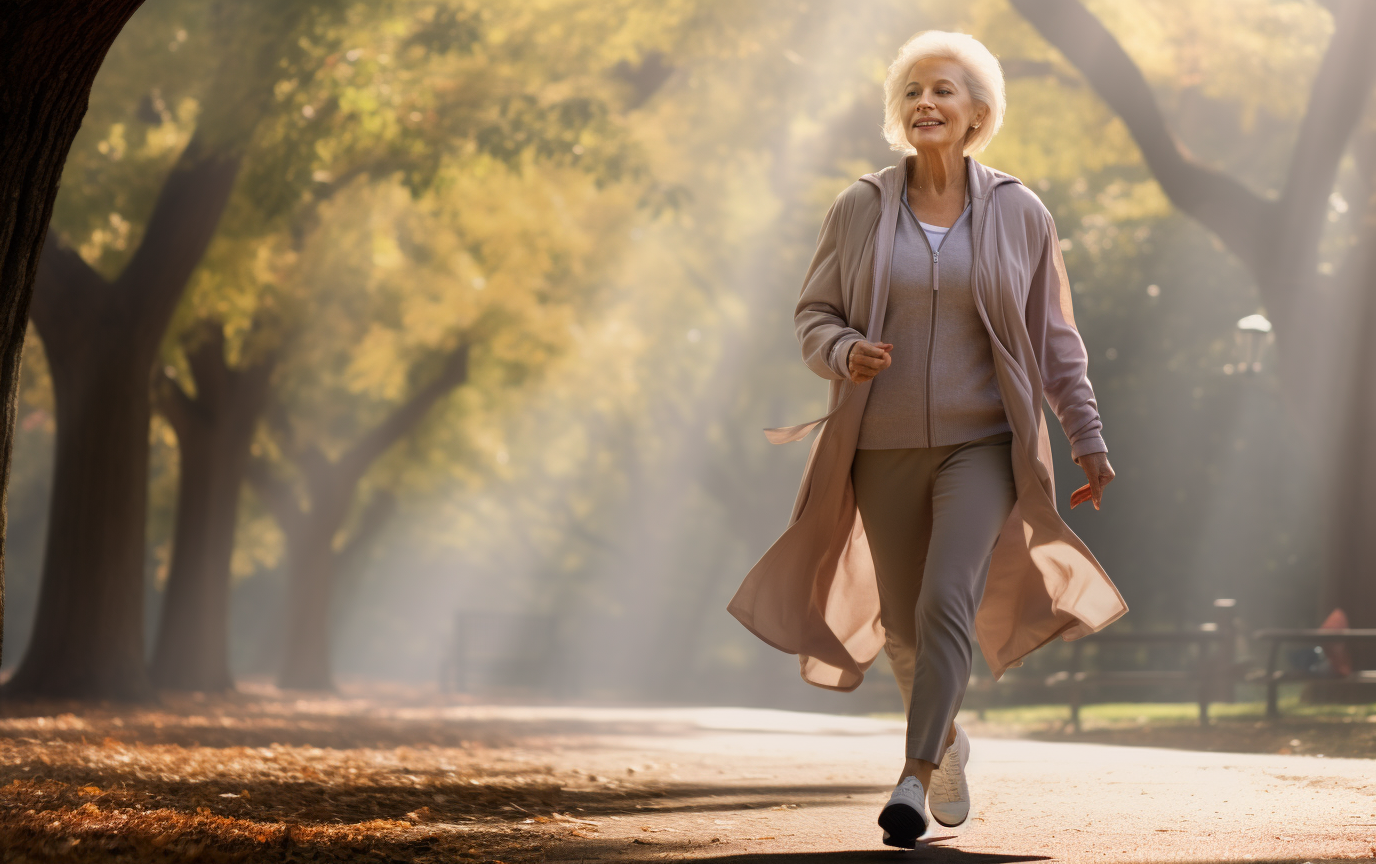Why Physical Activity Is Important for Seniors
A guide to how to stay physically active as you age and why it is important.

Physical activity isn't just a game for the young—it's a lifetime commitment, and it's particularly vital as we step into our golden years. In the ensuing article, we delve into the heart of this important topic, presenting strategies and reasons to stay active in the autumn of life.
From lowering the risk of chronic diseases, improving mental health, strengthening balance and flexibility, to fostering social interaction, the benefits of staying active are extensive. Yet, the journey to embracing physical activity in our elder years is not without its challenges. It requires overcoming both physical and mental obstacles, and that's where our role comes in.
Because age is not a barrier to activity—it's an invitation to explore new ways to keep moving. And this article aims to be your guide in this exploration, a compass pointing towards a path of health, happiness, and longevity.
Regular physical activity can help manage and prevent a variety of health conditions like heart disease, diabetes, and osteoporosis. Simple exercises like walking, swimming, or gentle yoga can help maintain overall physical health.
Physical activity has been linked to better mental health by reducing symptoms of depression and anxiety. Mind-body activities such as tai chi, yoga, or simple meditation walks can provide dual benefits. Check out this page for more ways to help seniors' mental health.
Physical activity can help slow cognitive decline and promote brain health. Even light activities like gardening or housekeeping can stimulate the brain.
Regular exercise can contribute to better sleep quality. Try to incorporate light exercises like walking or stretching in the evening routine.
Regular physical activity can boost energy levels. Simple aerobic exercises like water aerobics or cycling can enhance stamina.
Staying active can improve strength, flexibility, and balance, which are key for maintaining independence. Balance exercises and strength training can help improve these aspects.
Physical activities can also provide a social outlet. Group activities like dancing classes, walking groups, or exercise classes at the local community center can provide opportunities for social interaction. Check out this page for more tips on social interactions for seniors.
Regular physical activity can help manage weight and prevent obesity-related conditions. A mix of cardio, strength training, and flexibility exercises can help maintain a healthy weight.
Physical activity can also aid in managing chronic pain. Therapeutic exercises, under the guidance of a professional, can be beneficial.
Regular physical activity can contribute to a longer lifespan. Choose an activity you enjoy, such as gardening, dancing, or walking, which will make it easier to make exercise a regular part of your life.





